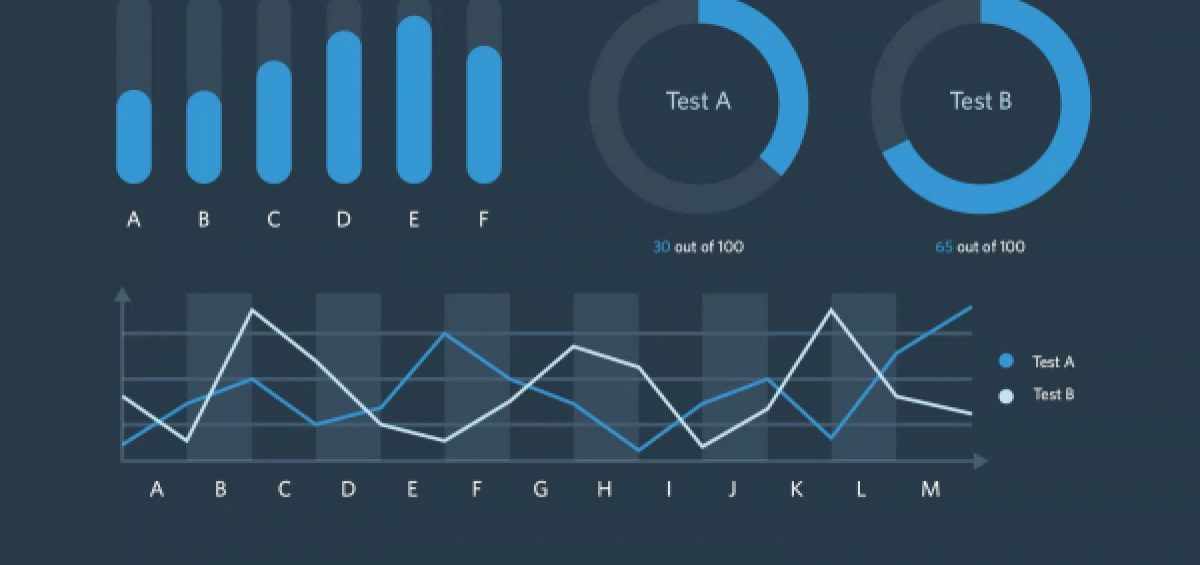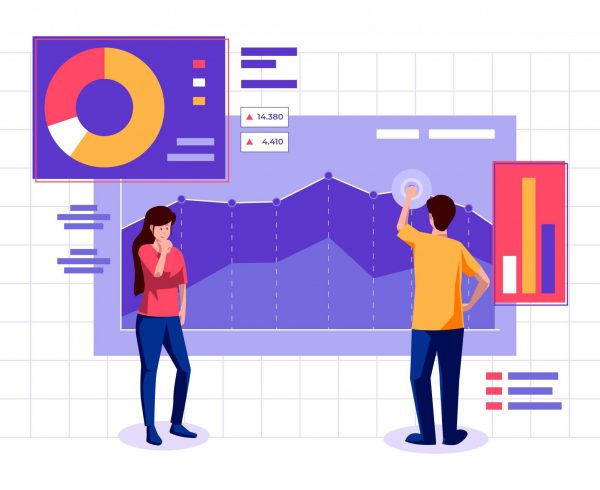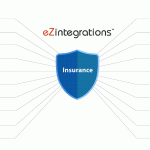Advanced analytics alludes to a wide range of analytics that is expected to give businesses greater insight into their data than they could usually. Some of these strategies incorporate AI, data mining, predictive analytics, location analytics, big data analytics, and location intelligence. While the traditional analytical tools that comprise basic business intelligence (BI) examine historical data, tools for advanced analytics focus on forecasting future events and behaviours, enabling businesses to conduct what-if analyses to predict the effects of potential changes in business strategies.
The present period is the ‘Era of Quality’. In this time of cutthroat competition and large scale production, only that manufacturer can endure who supplies better quality goods and renders service to the buyers. Truth be told quality control has turned out to be a significant factor to build up a modern endeavour. Appropriate quality control guarantees the best usage of accessible resources and decreases in the expense of production.
To acquire greater control of quality operations, leading manufacturing companies are implementing enterprise quality management solutions to standardize and harmonize quality processes, systems, and data within a single integrated platform. An enterprise quality management solutions then centralize and automate quality management processes, all while integrating with existing enterprise systems such as enterprise resource planning, customer relationship management, laboratory information management systems, and manufacturing execution systems. It leverages the “master data” in these systems, such as product or equipment records, and integrates this information into the quality workflow.
This, in turn, can produce a ton of valuable data from different groups, cross-functional teams, and stakeholders. So as to comprehend these data and be proactive about quality, visibility is needed to access hidden areas for competitive advantage. To guarantee more prominent visibility and to fabricate collaboration across the supply chain, organizations influence EQMS data to perform real-time analytics and reports.
Enterprise quality management solutions will continue to surface as the leading solution for managing quality. EQMS provides an opportunity to fully analyze the market. The convergence of disparate, specialized solutions will undoubtedly continue, with out-of-the-box solutions getting stronger and stronger. A lot of opportunity and investments being made in business intelligence, mobility, user experience, graphical user interfaces, cloud computing, and the development of app-based programs.











